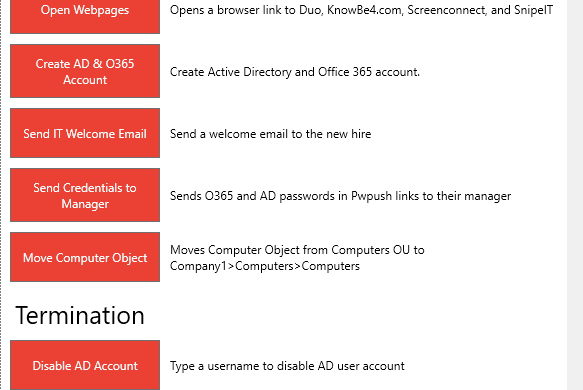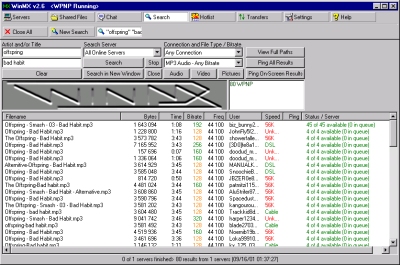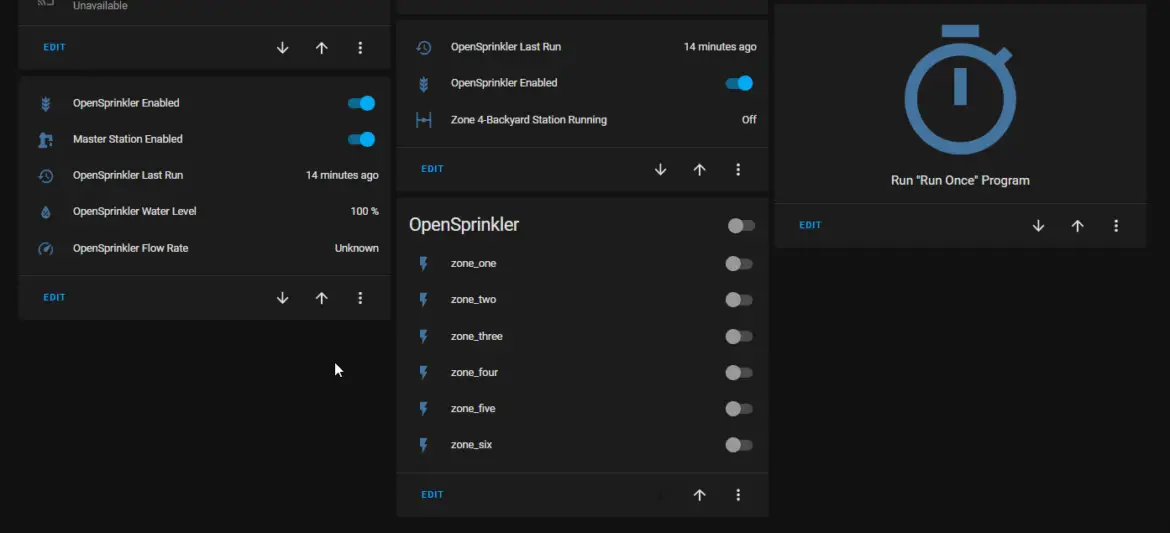

- #Opensprinkler pi smartthings install
- #Opensprinkler pi smartthings update
- #Opensprinkler pi smartthings free
I have DNS by way of DNSMadeEasy at their business tier. I’m using IoT for driving management of short term rental properties so they are handling managing locks primarily along with a specific lighting considerations. No, tenants have no access to the systems, outside of physical if they break into the location where they are located. Well, I know I’m not the only one in my case (multiple properties that they’re renting out).
#Opensprinkler pi smartthings free
I envy the free time you must have on your hands? How do you handle management? Do you let the tenants make changes? How often do things break, and how are you managing remote connectivity. I envy the free time you must have on your I find your use case intriguing. This is what I was hoping to get from this thread.įolks giving advise about security and transferring the system was a little surprising… I dont consider anyone who uses IoT devices security focused by a long shot, and I know from my own experience and from past reading that most people take their devices with them when they I find your use case intriguing. I think it is just a matter of finding the time to look under the hood and find the web components. I have seen the Cloudflared solution and it looks interesting, but that complexity is not warranted either if you can run openssl on the box, which must be possible by default since there are connections being made to and from the box from installation. Especially since this is running on a Pi with a single app. Most of us are IT professionals who work for one of the colos just down the freeway… a lot of network labs in each house, so a proxy is not a bad idea, but just an unecessary layer to be running on the same box as the app. dynDnS is pointless for folks that have nothing but static IPs …most everyone in my neighborhood has bought into the lone local ISP’s 8 static IPs on a symmetrical 100 meg connection per house. …back to the original topic: A self signed certificate is a temporary solution and is a pain. A couple of the devices are over 40 years old, so it would be a small miracle to get any updates for them anyway.
#Opensprinkler pi smartthings update
The only updating that happens is when I manually decide to update devices. I have 3 isolated networks in my house that never get attached to the Internet. I have read several threads regarding turning over HA to a new owner, and I have weighed the Pros and Cons… that is not what this thread is about.Īlso, a home network is not an isolated network, so “home” and “own” are totally different things. Despite my agreement, it’s the least problematic method if you’re going to turn over a system to someone else. I would suggest looking at Nginx Proxy Manager (which does happen to also be available as a HAOS addon)įor any other type of install, well, you’ve got whatever tools you have in the other installs.įor a something where I was even vaguely considering selling the setup, I would us HAOS. With the straight docker setup on something else, well you’re already into a world of high customization at that point, there are several options.
#Opensprinkler pi smartthings install
On HAOS that means need to either subscribe to Nabu Casa or you install some add-ons such as the Nginx Proxy Manager (recommended) add-on or the SSL Proxy add-on (only good for handling HA itself and nothing else) They’ve split the SSL management out to something that can be upgraded outside of the core of HA itself and also keeps it from having HA be the opinionated one as to how the cert is managed. Some of that is because there is no auto-update functionality in the system for the core, but some of that comes from the rapidly changing integration options.Īs to the lack of SSL being “built in”, I personally believe the devs have gone the correct way. HA on the other hand needs regular care and feeding. I hate the platform but I can basically ignore it and it is rock solid. Of them all, the SmartThings devices are the low maintenance ones. I also have a couple of SmartThings devices in play at some other properties that I’ve been using for nearly five years now.

I’ve been using HA for around three years and have two in use, one at my house and one at a rental property.

Home Assistant involves a requirement to put aside some time every month to maintain it. I’m not concerned for you, I’m concerned for the buyer.


 0 kommentar(er)
0 kommentar(er)
